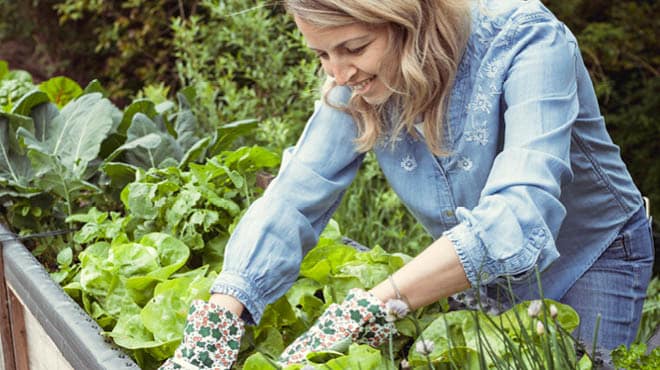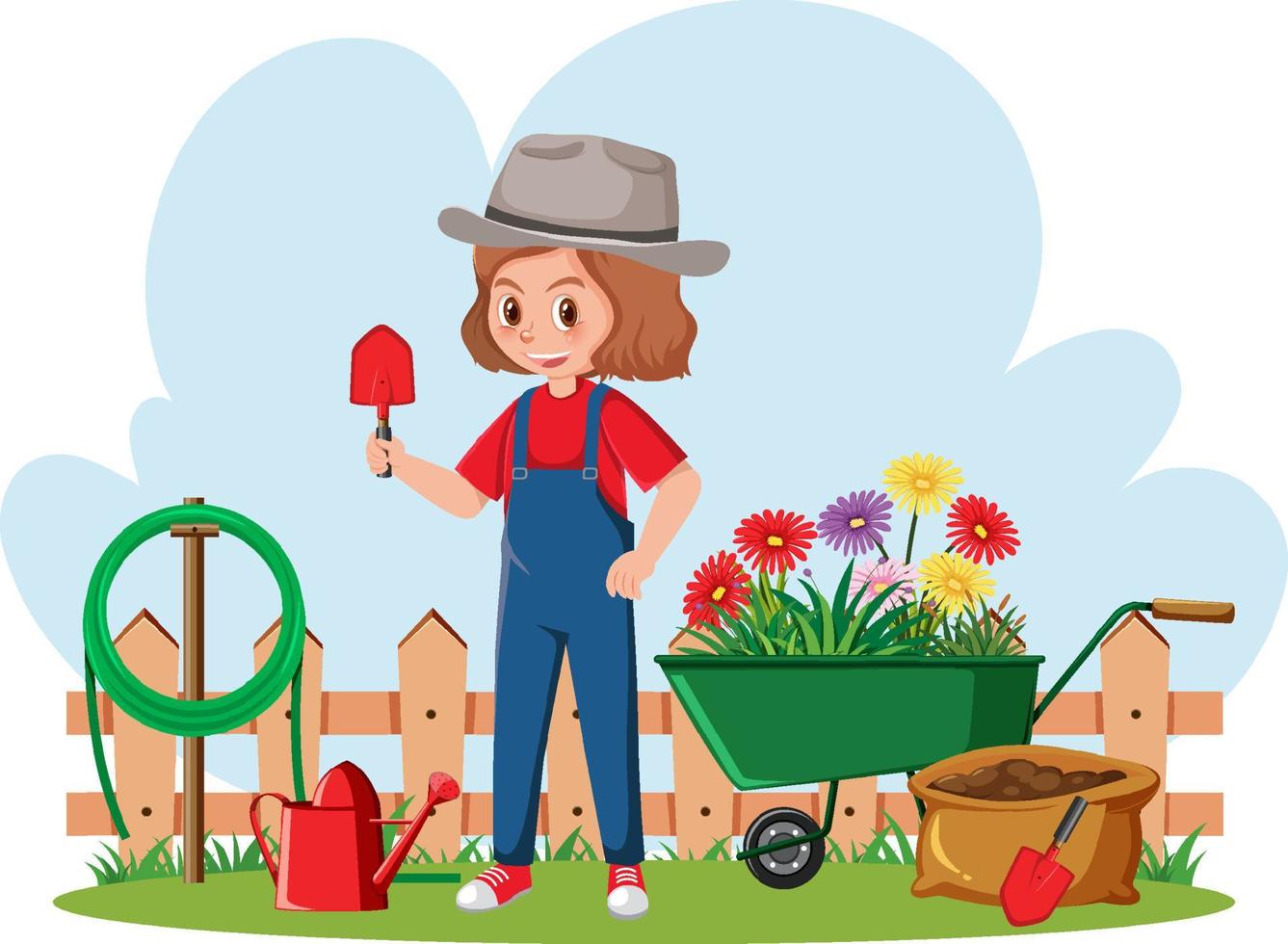Kickstart Your Gardening Journey: Building the Perfect Gardening Kit for Beginners
Wiki Article
Expanding Eco-friendly Thumbs: a Beginner's Trip Into the World of Gardening
Are you anxious to get your hands dirty and begin expanding your very own garden? Look no further! In this article, we'll take you on a newbie's trip into the globe of horticulture. You'll discover concerning choosing the right plants, comprehending soil and garden compost, and crucial horticulture tools. We'll likewise instruct you sprinkling and fertilizing methods and just how to handle typical yard insects. Prepare to cultivate your environment-friendly thumb and watch your yard prosper!Picking the Right Plants
1. You require to analyze your gardening space and establish the number of plants that will certainly fit pleasantly. This step is vital due to the fact that overcrowding can result in stunted development and illness. Procedure the measurements of your yard beds or pots and calculate the readily available room. Take into consideration the fully grown size of the plants you intend to expand. Some herbs and veggies call for even more room than others, so it's essential to do your research study.When you have a clear concept of your horticulture room, it's time to pick the ideal plants. Think of what you enjoy consuming or what flowers you discover most enticing. Think about the environment and sunshine conditions in your area. Specific plants prosper in complete sunlight, while others choose partial shade. Take note of any microclimates in your garden, such as areas that get essentially sunshine than the remainder. This will help you select plants that are fit to your certain problems.
It's also necessary to consider your degree of gardening experience. If you're brand-new to horticulture, choose plants that are simple to grow and need minimal maintenance. Herbs like mint, rosemary, and basil are flexible and excellent for novices. Furthermore, take into consideration the size of your expanding season. If you live in an area with a shorter growing season., pick plants that have a much shorter maturation period.
Recognizing Soil and Garden Compost
Soil is the foundation of your yard, offering nutrients, water retention, and assistance for your plants. It is important to have a great understanding of your dirt kind, whether it is sandy, clayey, or fertile, as this will identify the kinds of plants that will prosper in your garden. Remember, a healthy and abundant dirt is the key to a successful yard, so take the time to comprehend your dirt and include garden compost to ensure your plants thrive.
Essential Horticulture Tools
Since you understand the value of soil and garden compost, let's check out the important horticulture tools you'll require to cultivate your eco-friendly sanctuary. One of the a lot of basic devices you'll require is a garden trowel. This little portable tool is excellent for digging little openings, transplanting seed startings, and scooping soil. One more crucial tool is a yard fork. This sturdy tool is utilized for loosening up soil, separating globs, and turning garden compost. A good pair of horticulture gloves is a must-have to secure your hands from thorns, prickly plants, and dust. Look for gloves that are sturdy, breathable, and offer an excellent grasp. A garden pipe or watering can is important for maintaining your plants hydrated. Select a pipe with a spray nozzle that permits you to adjust the water flow and stress. A sturdy set of pruning shears or secateurs is necessary for cutting and shaping your plants. Try to find shears with a sharp blade and comfy deals with. A yard rake is useful for leveling soil, getting rid of particles, and spreading mulch. With these vital devices in your gardening collection, you'll be well-equipped to create and keep your environment-friendly oasis.Watering and Feeding Techniques
Dealing With Common Yard Vermin
As a beginner garden enthusiast, you might come across typical garden pests that can unleash chaos on your plants. These insects can vary from pests like aphids, caterpillars, and beetles, to tiny animals like bunnies and squirrels. It is necessary to be able to determine and deal with these bugs efficiently in order to shield your plants and make sure a successful yard.One of the initial steps in taking care of garden insects is to routinely evaluate your plants for any type of indicators of infestation. Try to find eaten leaves, openings in the foliage, or the existence of tiny insects. If you identify any bugs, it is very important to act immediately to stop them from spreading out and causing additional damages.
There are a number of methods you can make use of to regulate garden bugs. Furthermore, there are natural insect control sprays available that can assist prevent and remove usual garden pests.
Bear in mind, avoidance is essential when it concerns taking care of garden bugs. Keeping your garden cost-free and clean of debris can help in reducing the possibility of a problem. Consistently removing weeds and dead plants can also aid remove concealing places for bugs.

Conclusion
By picking the right plants, comprehending soil and garden compost, using vital gardening tools, and grasping watering and fertilizing techniques, you have set on your own up for success. Don't fail to remember to remain vigilant in dealing with common yard bugs to ensure your plants prosper.Soil is the structure of your yard, supplying nutrients, water retention, and assistance for your plants. It is essential to have an excellent understanding of your soil kind, whether it is sandy, clayey, or loamy, as this will certainly figure out the types of plants that will certainly flourish in your yard. Bear in mind, a productive and healthy and balanced dirt is the essential to a successful yard, so take the time to understand your soil and incorporate compost to guarantee your plants flourish.
As a newbie gardener, you might run into usual garden insects that can wreak mayhem on your plants. It's essential to be able to recognize and deal with these pests properly in order to secure your plants and make certain an effective garden.
Report this wiki page